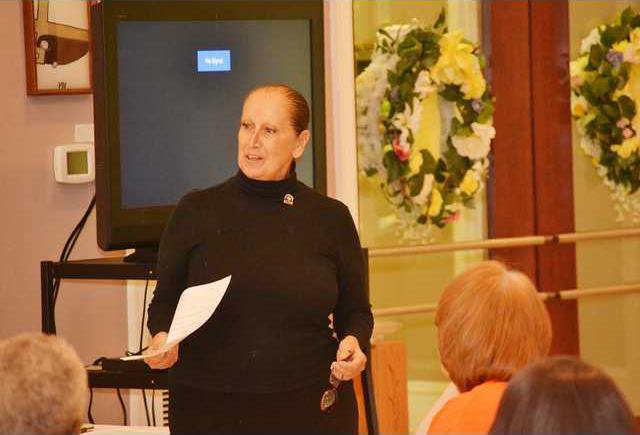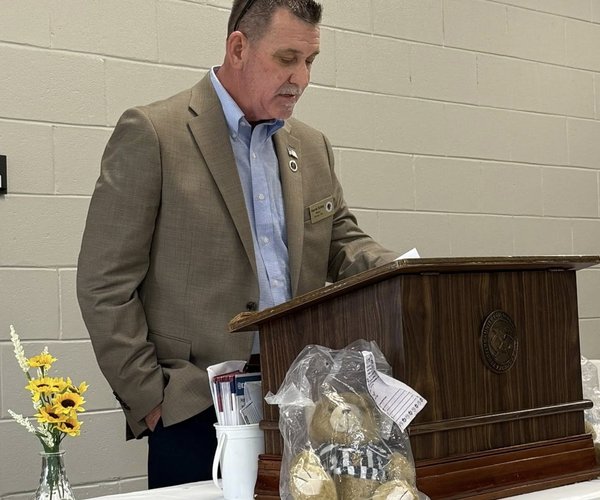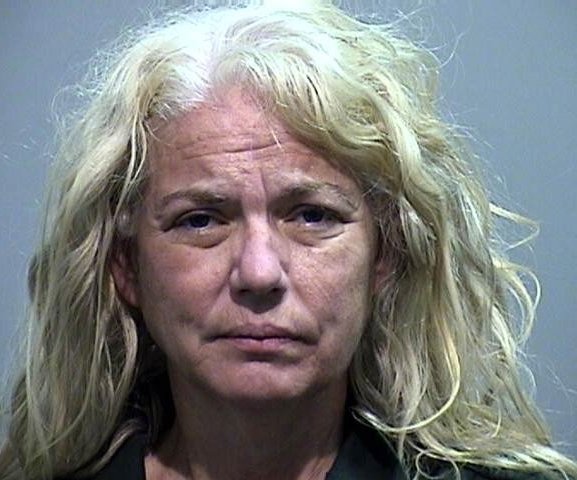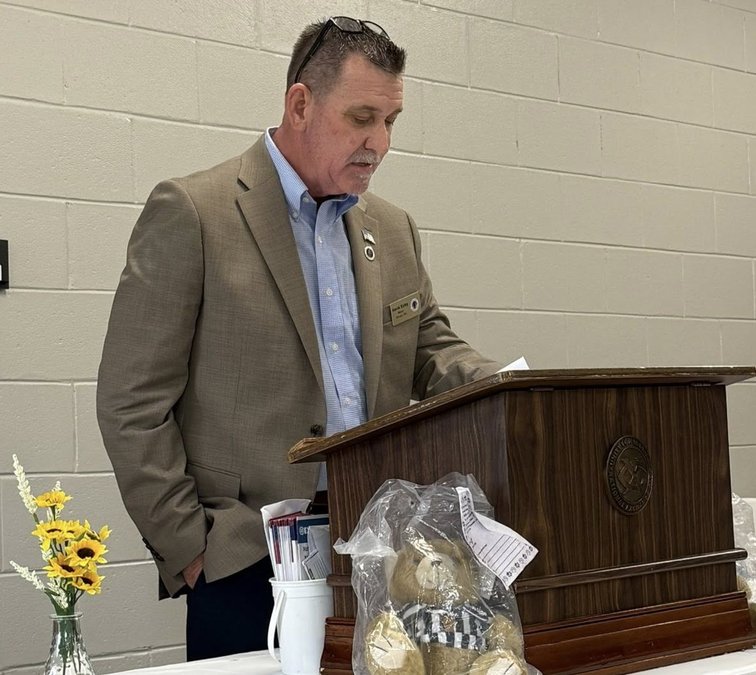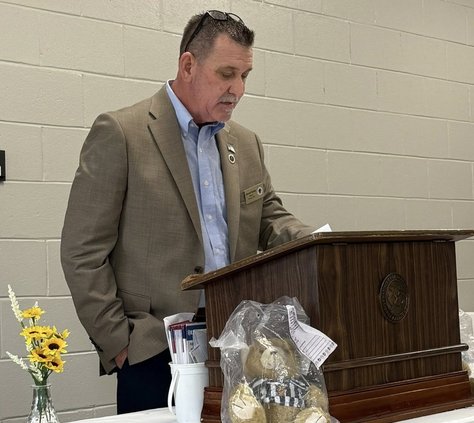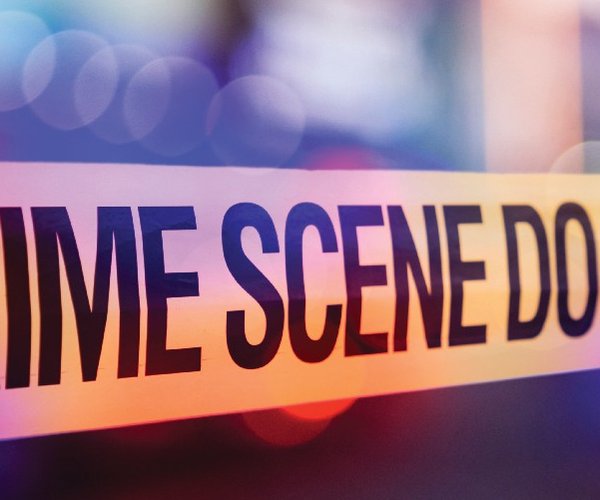On the Web
www.gacares.org.
www.twitter.com/GeorgiaCares
The state is planning a major push to eliminate child sex trafficking, and it will kick off later this summer in Savannah.
Joyce Piersanti outlined just how widespread and invasive the problem is in a presentation to the Savannah Deanery Council of Catholic Women at St. Boniface Church. Piersanti has been asked by Savannah Mayor Edna Jackson to work with state Attorney General Sam Olens.
“It’s an awful issue,” Piersanti said. “It’s an outrage.”
Each year, another 300,000 children nationwide become victims of the sex trade, Piersanti said. Of that total, 67 percent have been in the child welfare system, and 90 percent report having been victims of child abuse.
According to Piersanti, 96 percent of those young girls in child sex trafficking are reported as runaways. The average age of those taken into the child sex trade is 12 years old.
“These children are lured,” Piersanti said.
An effort over the next four months will get anti-trafficking posters up in restrooms around the state, and in September, Olens is scheduled to bring GBI and state experts to Savannah to train local law enforcement on how to spot child trafficking. Training will be conducted every morning and afternoon.
“This effort in Savannah is very significant,” Piersanti said. “It shows them what to look for. It is a crime that is invisible in most communities.
“Edna Jackson is on fire about this,” Piersanti added. “She thinks this should be eradicated.”
Last week, Gov. Nathan Deal signed into law SB 8, “Rachel’s Law,” which also removes some of the penalties that were being imposed on sex trade victims. Piersanti recounted the story of a young girl sentenced for prostitution several years ago who had a tattoo on her neck. That tattoo, Piersanti said, was the sign of who “owned” her.
The child sex trade isn’t an insular operation, according to Piersanti. Girls are traded between pimps in Charleston, Savannah, Orlando and Jacksonville.
In January, a Cobb County grand jury indicted a man on 16 charges, including three of trafficking persons for sexual servitude. According to the indictment, Khiry Price offered online the sexual services of three girls and used a motel near Six Flags as his base.
The state adopted HB 200, an anti-trafficking law, back in 2011 and passed HR 223 this past session. HB 223 calls for a statewide referendum to increase the penalties and fines for trackers, with the funds to go toward helping the victims.
“The law had been just a $50 fine and a misdemeanor for luring a girl into the sex trade,” Piersanti said.
Now, under HB 200, if a minor is coerced or deceived into committing sex acts, the culprit can face from 25 years to life in prison, rather than a maximum of 20 years in prison. The minimum sentence is now 10 years in prison.
If convicted, Price faces a maximum of more than 230 years in prison and $300,000 in fines.
According to GeorgiaCares, a statewide organization devoted to providing services and treatment for those rescued from the child sex trade, there have been more than 1,100 referrals of children who have been exploited and trafficked since 2009. A study by youthSpark said that each month in Georgia, 7,200 pay for sex with adolescent females, and many are repeat offenders.
“Atlanta is a hub of sex trafficking,” Piersanti said.
The Urban Institute, in a 2014 report, said the commercial sex trade is valued at $290 million a year in Atlanta alone. Piersanti said the illicit sex trade trails only illegal drugs and illegal guns in the amount of money involved.
“It’s the third-largest illegal business in the world,” she said. “It is a business. It has managers. It has recruiters. It is a multi-trillion dollar business.”
A federal effort, Operation Dark Night, culminated in January 2013 with more than two dozen arrests of suspected sex traffickers and the rescue of 12 young girls.
Yet even those who are saved from the underground sex trade face problems for years to come, Piersanti pointed out.
“A lot of them will never have children,” she said. “A lot of them suffer from malnutrition and suffer from drug abuse.”
Under Rachel’s Law, adult entertainment establishments will have to pay a $5,000 fee annually and pimps and others trafficking in the sex trade will be fined $2,500 each, with the money being directed at efforts to help child sex workers.
“(We want) to try to recapture them and try to rescue them as human beings,” Piersanti said.
Olens announced in an initiative earlier this year in conjunction with the Georgia Motor Trucking Association and Truckers Against Trafficking to cut down on the problem. He also has hired the state’s first prosecutor dedicated to human trafficking crimes, Camila Wright.
Piersanti said there will be fines for not having the anti-trafficking poster up, and those funds will go to Georgia Cares. She asked that people look to make sure those posters are in places where they are supposed to be.
